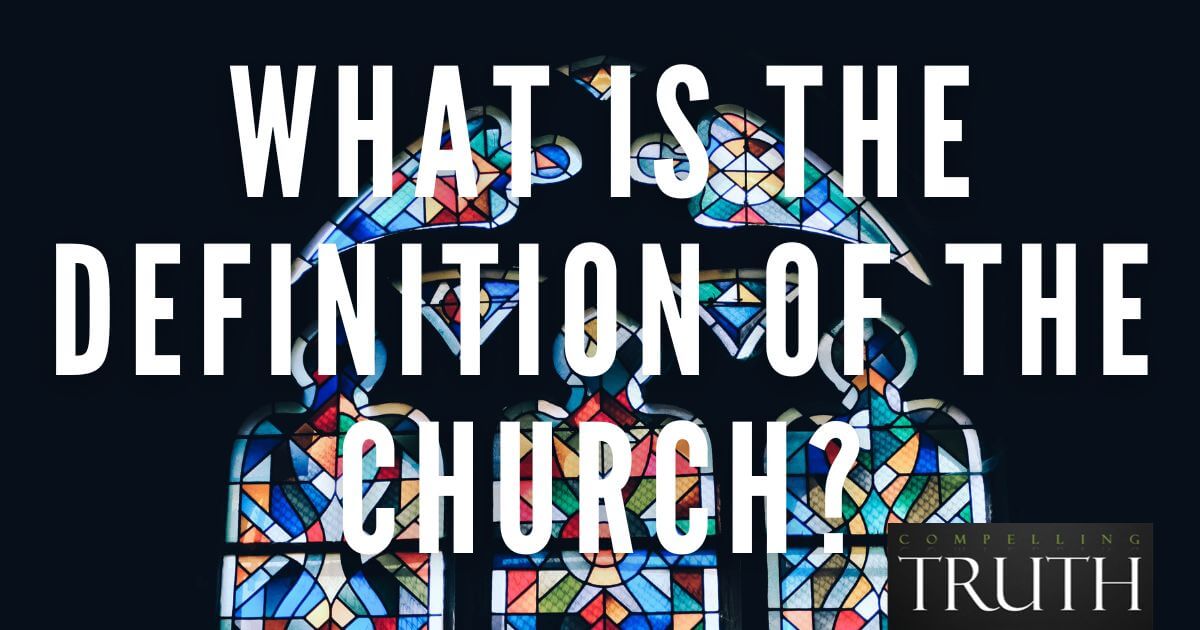Ecumenism is a religious movement that seeks to unite all Christians and bring the various denominations together in mutual cooperation. The word comes from the Greek oikoumene, which means "the whole inhabited world." Ephesians 4:3 says that Christians should be "eager to maintain the unity of the Spirit in the bond of peace." John 17:21 notes Christ's desire "that they may all be one, just as you, Father, are in me, and I in you." So, biblically, Christians should pursue unity with one another. But how does this apply to the contemporary ecumenical movement?
The modern ecumenical movement often goes beyond uniting Christians and seeks to connect Protestants, Catholics, and non-Christian religions. Modern ecumenical leaders promote "interfaith dialogue" with Mormons, Islamists, Hindus, Buddhists, Wiccans, Universalists, and a variety of New Age belief systems. Such efforts are at odds with the concept of Christian unity as presented in Scripture. While there is room for discussion with those outside of Christianity, to accept all religions as equally valid is to deny the uniqueness of Jesus and the Christian faith.
Some partnerships are not really an issue. Believers from almost any background can cooperate to fight poverty, for example, or to take a pro-life stand. However, in other areas partnerships can send the wrong message or contradict a church's beliefs. For example, recent attempts to bridge differences between Protestant and Catholic theology have included joint statements on salvation and the inspiration of Scripture. To sign a statement that compromises core biblical teaching is dangerous. Doctrines such as salvation by grace alone (Ephesians 2:8-9) and the authority of Scripture (1 Timothy 3:16-17) should not be compromised for the sake of a synthetic unity.
A desire for ecumenicalism cannot ignore the Bible's commands to maintain the purity of the gospel (Galatians 1:6-9; 2 Peter 2:1; Jude 1:3-4). Christians must "test everything; hold fast what is good" (1 Thessalonians 5:21). It's significant that, immediately following Paul's anathema on apostates, he asks, "For am I now seeking the approval of man, or of God? Or am I trying to please man?" (Galatians 1:10). At the heart of modern ecumenicalism is a desire to please men instead of God.
On a positive note, a denomination is itself "ecumenical" in the sense that it consists of many churches working together with common beliefs. This coalition shares resources, serves local churches, and reaches others in world missions. Negatively, denominational ties that are too strong or centralized can lessen the ability of a local church to follow God's will for its members.
Christians are called to unity, but not at all costs. Doctrine is paramount, especially when it concerns the person and work of Christ. Modern ecumenical efforts are often all too ready to part with biblical teachings. Therefore, we must take care when evaluating potential partnerships. If unity can be had without compromising fundamental Christian belief, then unity should be pursued. As 17th-century Lutheran theologian Rupertus Meldenius said, "In essentials unity, in non-essentials liberty, in all things charity."
The modern ecumenical movement often goes beyond uniting Christians and seeks to connect Protestants, Catholics, and non-Christian religions. Modern ecumenical leaders promote "interfaith dialogue" with Mormons, Islamists, Hindus, Buddhists, Wiccans, Universalists, and a variety of New Age belief systems. Such efforts are at odds with the concept of Christian unity as presented in Scripture. While there is room for discussion with those outside of Christianity, to accept all religions as equally valid is to deny the uniqueness of Jesus and the Christian faith.
Some partnerships are not really an issue. Believers from almost any background can cooperate to fight poverty, for example, or to take a pro-life stand. However, in other areas partnerships can send the wrong message or contradict a church's beliefs. For example, recent attempts to bridge differences between Protestant and Catholic theology have included joint statements on salvation and the inspiration of Scripture. To sign a statement that compromises core biblical teaching is dangerous. Doctrines such as salvation by grace alone (Ephesians 2:8-9) and the authority of Scripture (1 Timothy 3:16-17) should not be compromised for the sake of a synthetic unity.
A desire for ecumenicalism cannot ignore the Bible's commands to maintain the purity of the gospel (Galatians 1:6-9; 2 Peter 2:1; Jude 1:3-4). Christians must "test everything; hold fast what is good" (1 Thessalonians 5:21). It's significant that, immediately following Paul's anathema on apostates, he asks, "For am I now seeking the approval of man, or of God? Or am I trying to please man?" (Galatians 1:10). At the heart of modern ecumenicalism is a desire to please men instead of God.
On a positive note, a denomination is itself "ecumenical" in the sense that it consists of many churches working together with common beliefs. This coalition shares resources, serves local churches, and reaches others in world missions. Negatively, denominational ties that are too strong or centralized can lessen the ability of a local church to follow God's will for its members.
Christians are called to unity, but not at all costs. Doctrine is paramount, especially when it concerns the person and work of Christ. Modern ecumenical efforts are often all too ready to part with biblical teachings. Therefore, we must take care when evaluating potential partnerships. If unity can be had without compromising fundamental Christian belief, then unity should be pursued. As 17th-century Lutheran theologian Rupertus Meldenius said, "In essentials unity, in non-essentials liberty, in all things charity."



